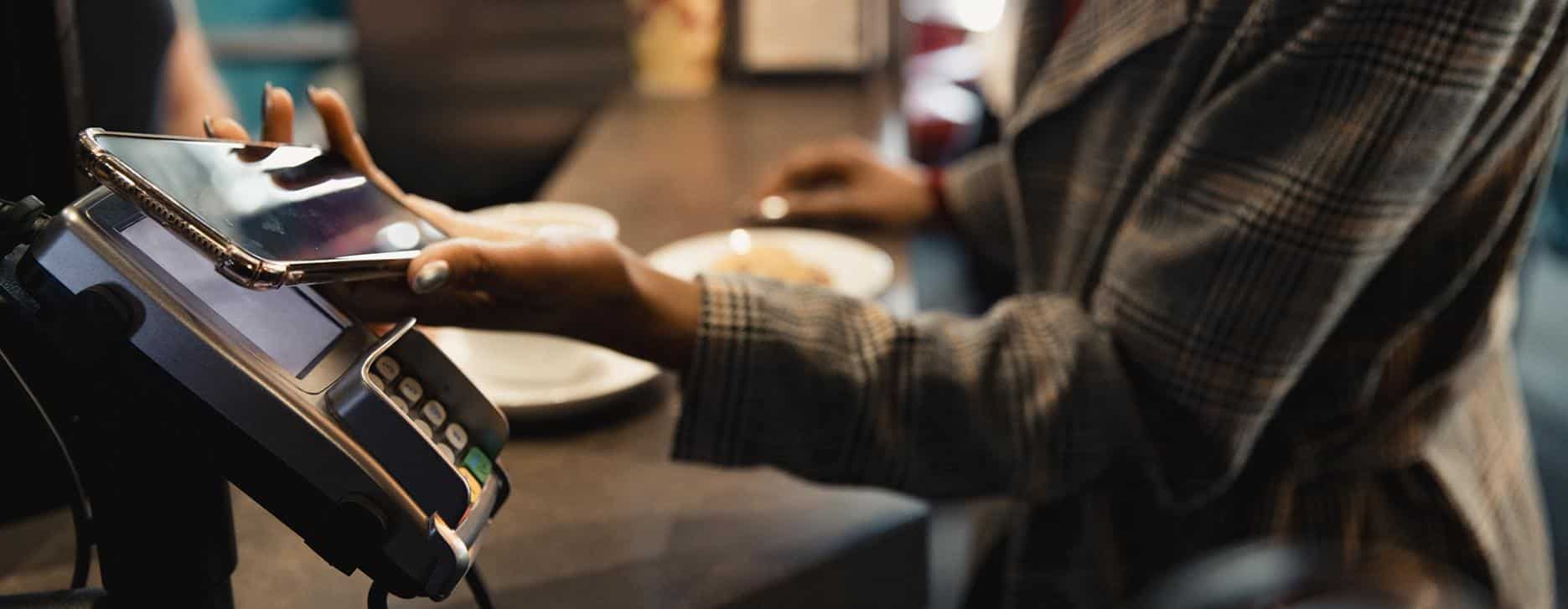Mobile Wallets are Phasing Out Debit Cards

For years, our smart phones have been more than just phones. We rely on them to take photos, check email and track our fitness. Now, you can use your smart phone as a payment tool with the power of mobile wallet technology.
Mobile wallets store your payment information on an app in your phone. When it comes time to make a payment, just wave your mobile device at a scanner and your phone will securely send your payment information to the merchant.
Many people are drawn to mobile wallet technology for the convenience: By simply swiping your device to make a purchase, there’s no need to dig through a wallet overflowing with plastic cards to find the right form of payment. All you need to do is download an app, enter your payment information and go.
Getting started with a mobile wallet
Common mobile wallet apps include Apple Pay and Google Android Pay. These apps come standard on iPhone and Android smartphones, but you can also use a third-party mobile wallet app, like Venmo or eWallet, which may offer additional features like payments between friends or the capability to store other personal information, including passport numbers and drivers licenses.
Keep in mind, not all types of mobile wallets are accepted by all retailers. Before deciding on a mobile wallet app, see which retailers and vendors will accept payments and make sure your favorite merchants are included.
Mobile vs. digital wallets: What’s the difference?
A mobile wallet is a type of digital wallet. A digital wallet (or e-wallet) is any encrypted system for storing payments online, whether that’s on your desktop, laptop or mobile device. A mobile wallet is an app that was created specifically for mobile devices, according to U.S. News and World Report.
Staying safe with mobile payments
Mobile wallet apps keep your information secure through encryption. But to be safe, Credit Karma suggests setting up two-factor authentication on your mobile device in case your phone ever ends up in the wrong hands; you may also want to install an app that can locate and remotely delete your personal data if your phone is ever lost or stolen.

